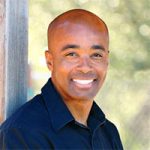
Barry Franklin
At any crime scene, tiny bits of information can be the difference between freedom and a life behind bars. From blood spatter patterns to DNA sequencing, forensic biology is the incredible field where crimes are analyzed at a molecular level. Forensic biologists learn how to identify these tiny pieces of information and identify the DNA markers that will allow police and legal teams to connect criminals to their crimes. And, in the recent past, this DNA evidence has also been used to free those who have been unjustly convicted.
These 10 professors are at the front lines of forensic biology instruction, research, and activism. Whether they are campaigning for DNA analysis to free convicts or developing smartphone apps to identify blood samples, these professors are helping to bring forensic innovation to the classroom and courtroom.
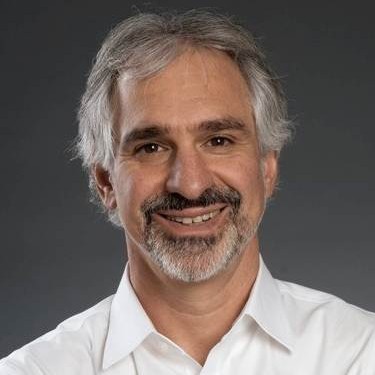
Dr. Hampikian founded the Idaho Innocence Project at Boise State, and helped start the Irish Innocence Project. He is a contributing columnist at the New York Times, and his forensic work has been recognized by New Scientist, Forensic Magazine, the Economist, and CNN's Anderson Cooper. Recently, he served as a DNA expert for Amanda Knox, who was famously acquitted. He is a member of the National Academy of Inventors, and delivered a TedX talk on DNA Mixups, which you can view at Ted.com.
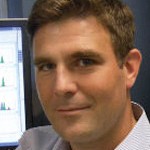
Professor Podini has a background in Molecular Biology, and used his skills to track down national criminals before becoming a professor. In 1998, he was chosen by the Department of the Carabinieri (an elite Italian military armed force) to be the Assistant Chief of Biology. He is also a member of the DNA Analysis subcommittee for the Organization of Scientific Area Committees (OSAC). Podini is currently working to develop a bloodstain age prediction device for the smartphone.
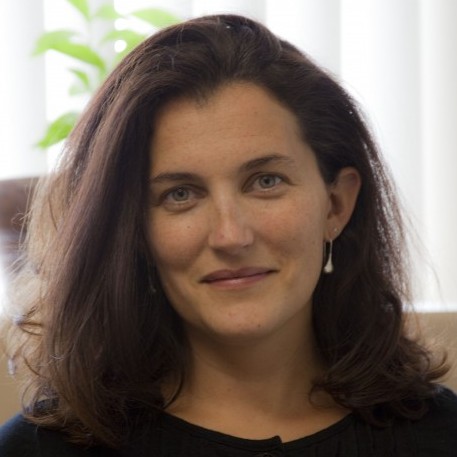
Professor Brodeur worked with the Boston PD before becoming the Assistant Director of the Biomedical Forensic Sciences program at Boston University. In addition to being a Fellow of the American Board of Criminalistics, she often provides private consulting and forensic testimony in trials. Her interests and specialties include crime scene processing, bloodstain pattern evaluation, and acting as the Admissions Chair for the Forensic Biology department.
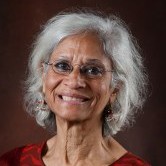
Dr. Roy is a trendsetting professor of Forensic Biochemistry and Molecular Biology. Her use of technological innovations like Next Generation Sequencing (NGS) instruments, RapidHIT crime scene analysis tools, and the Ion PGM System give her students the latest in Forensic Biology education. She also works with the National Institute of Justice (NIJ) as a member of the DNA Forensics Technical Working Team.
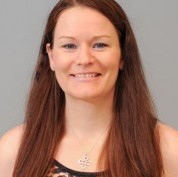
Dr. Walsh has a background in Forensic Genetics, DNA Profiling, and Biochemistry, which gives her an edge when it comes to sharing insight into the crime analysis process. Her knowledge has made her a sought-after speaker in forums such as the International Society for Forensic Genetics (ISFG) Conference, the Yale Biological Anthropology Colloquium Series, and the International Symposium on Human Identification (ISHI). Her speaking ability has earned her the ISHG "Best Oral Presentation Award," in 2013.
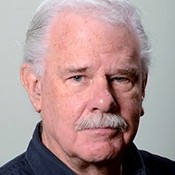
Professor Sensabaugh teaches Biomedical and Forensic Sciences at UC-Berkeley in addition to being the Associate Dean for Student Affairs in the School of Public Health. He has received several awards for his research interests, including the Paul L. Kirk Award from the American Academy of Forensic Sciences (AAFS) and the Distinguished Service Award from the California Association of Criminalistics (CAC). He is a Past President of the 18th Congress of the International Society for Forensic Haemogenetics (1999) and is on the Editorial Board for Forensic Science Review.
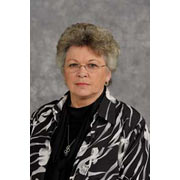
Dr. Mills is the Graduate Program Director for the MS Forensic Science Program in Chemistry and Biology at FIU. She teaches Genetics, DNA Profiling, and Microbial Ecology. Her research focuses on how microbes can help forensic scientists understand the evolution and ecology of tissue and soil. It has been so influential that she was invited to be on the Peer Review Panel for the Biothreat Reduction Program through the National Nuclear Security Administration.

Dr. Gaensslen is a professor and the Director of Graduate Studies for the Forensic Science program in the College of Pharmacy at UI-Chicago. He is an avid publisher and researcher, and was the Founder/Editor of Forensic Serology News (1976-1984) and the Editor-in-Chief of the Journal of Forensic Sciences (1992-2001). His work with pharmaceutical and biological forensics earned him the Paul L. Kirk Distinguished Criminalist Award (1992) from the AAFS.
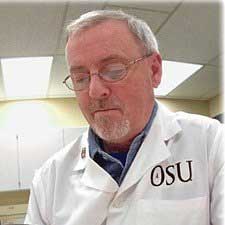
Dr. Allen teaches Forensic Biology and is also the Director of the Human Identity Testing Laboratory at OSU. His background in genetics is extensive, and he was both the Director of the HA Chapman Institute of Medical Genetics as well as the Scientific Director of the US Red Cross. His research, which focuses on human DNA variability and modern DNA analysis, has launched him to the national stage. He is the current Editor-in-Chief of the Journal of Forensic Investigation.
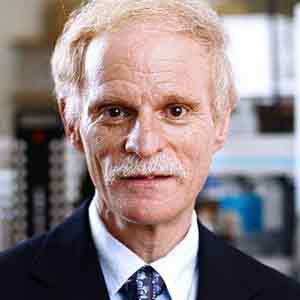
Dr. Budowle has over 25 years of experience as a forensic scientist with the Federal Bureau of Investigation (FBI). He both taught and conducted research at the FBI Academy Campus, acting as a Senior Scientist in Biology in the Laboratory Division. Following 9-11, Budowle was chosen to serve on the Kinship and Data Analysis Panel to help identify remains from the tragic World Trade Center event. He received the FBI Director's Award for Investigative Support Excellence (2000), the Paul L. Kirk Criminalistics Award (2001), and the Health Care Hero Award from the Dallas Business Journal (2010).
To select professors for inclusion in our list of 10 influential forensic biology professors, we used the following criteria:

Barry Franklin
Before co-founding Sechel Ventures Partners LLC, Barry Franklin was a VP at a Silicon Valley software company. He is an investor and advisor for DataSimply and Impellia. Barry believes that education and lifelong learning are paramount. Barry met his wife at Carnegie Mellon University and they have two beautiful daughters. He also volunteers for various committees at his kids’ high school.